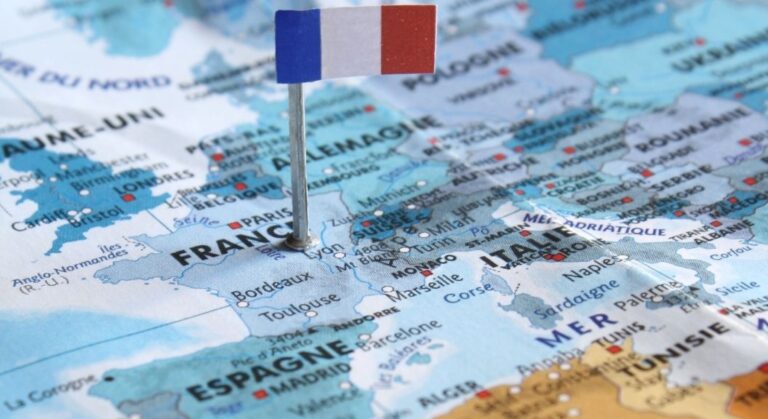When teacher Samuel Paty was assassinated in Paris after showing Muhammad characters, the discussion about freedom of speech and Islamist extremism flared up in the media. French President Macron faces harsh criticism from Turkish President Erdogan for his statements in connection with the terrorist attack, reports Sydsvenskan.
November 5, 2020, Current debate
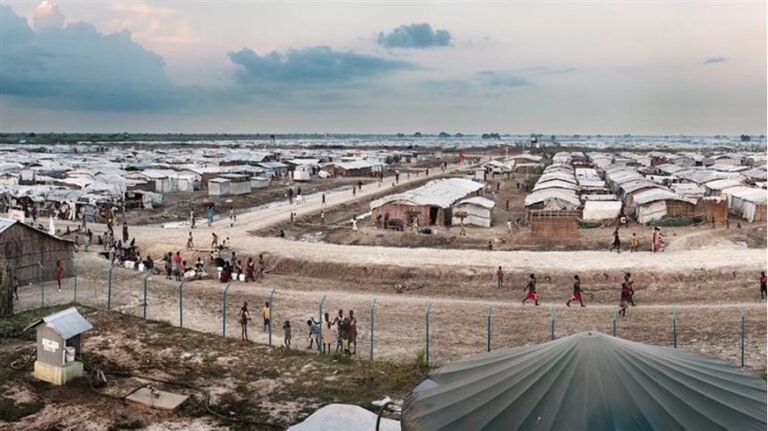
Photo: https://msf.exposure.co/enduring-bentiu
Of: Linnea Boström
Two years ago, a peace agreement was signed between warring parties in South Sudan, but internal conflicts have continued since then. Two thirds of the population are in need of humanitarian aid. The country is now suffering from devastating floods that are exacerbating the situation in the country.
October 22, 2020, News

Today, most Rohingya are stateless and lack citizenship in their home country. Photo: canva.com.
Of: Niklas Foxeus
For the first time, deserted soldiers in Myanmar testify about mass killings and rapes in 2017 against Rohingya carried out on the orders of their officers. More than 10 Rohingya are said to have been killed and more than 000 people have fled to Bangladesh due to the violence of the Burmese arm.
October 6, 2020, Analysis
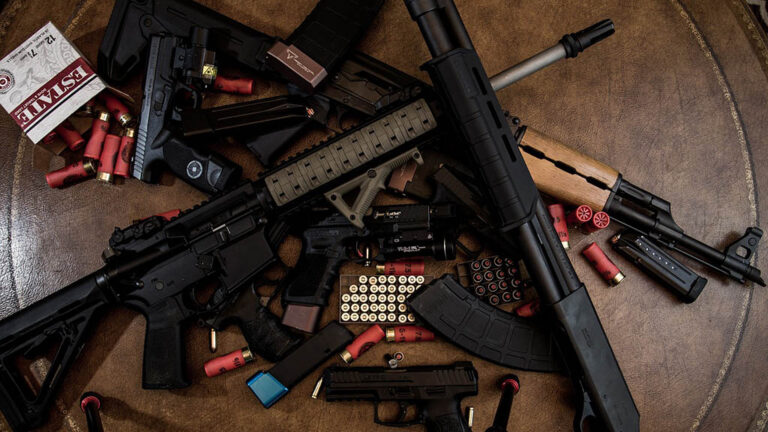
The uncontrolled flow of small and light weapons has serious consequences around the world, the debaters write. Photo: Pixabay
Every hour, 25 people in the world die due to armed violence. At the same time, we see how violence and conflicts are spreading around the world where the Corona pandemic is predicted to increase the risk of more conflicts. Peace cannot be taken for granted and the world must put an end to armed violence, write several current and former members of parliament from various parties on International Peace Day.
September 21, 2020, Debate
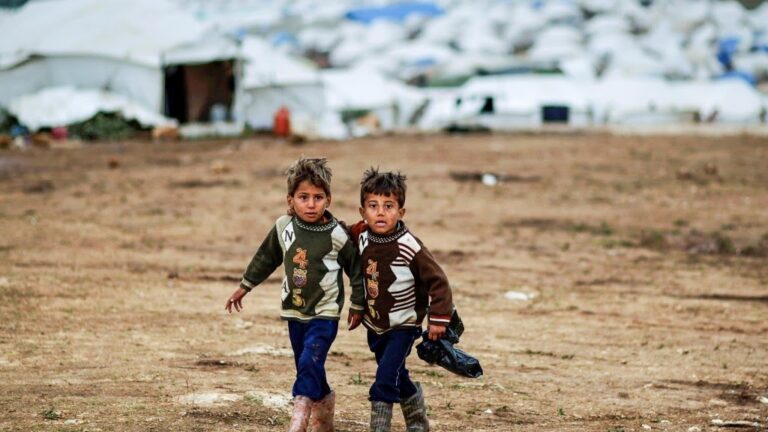
The people of Syria are more concerned about escalating violence than the spread of the coronavirus. Photo: Freedom House / Flickr
Of: Karl Fahlvik
The organization Syria Relief works to help sick women and children in Syria with local doctors and nurses. But the corona pandemic is causing concern in a country plagued by war and insecurity.
September 11, 2020, News
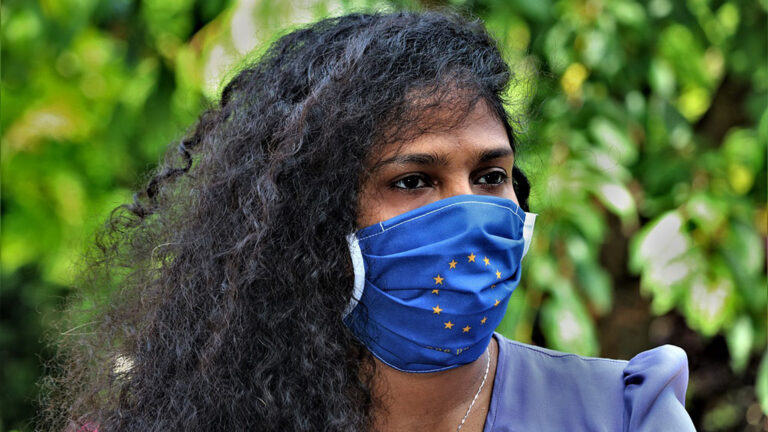
While all focus is on the coronavirus, women's vulnerability is greater than in a long time in large parts of the world. Photo: Jeyaratnam Caniceus / Pixabay
Of: Charlotte isaksson
For women's rights, the covid-19 pandemic could not have come at a worse time. 2020 would be the year when two important anniversaries were celebrated. The 25 years that have passed since the adoption of the Beijing Platform for Gender Equality in 1995, and the fact that it is 20 years since UN Security Council Resolution 1325 on Women, Peace and Security was adopted unanimously […]
Read more »
July 14, 2020, Guest chronicle
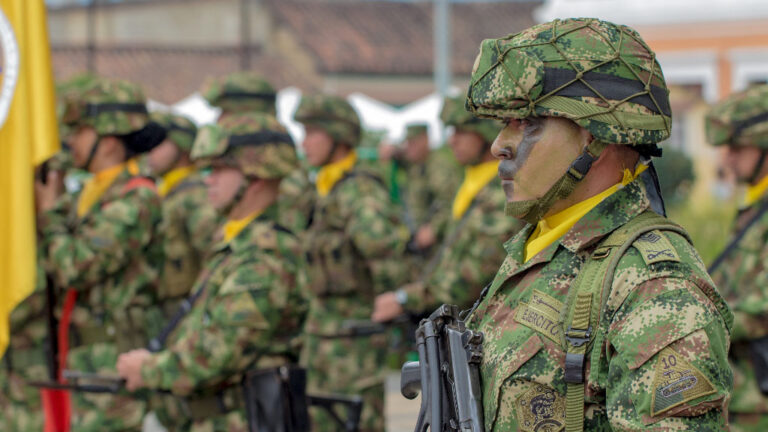
Confidence in the Colombian military is weak in Colombia. It complicates the peace process, the debater writes. Photo: Piqsels
Of: Mimmi Clase Hagman
In late June, seven Colombian soldiers abducted and raped an 11-year-old girl from the indigenous people of Emberá-Chamí. This cruel event raises questions about how Sweden - which is a major donor to the ongoing peace process - should relate to developments in Colombia. It writes master's student Mimmi Clase Hagman.
July 7, 2020, Debate
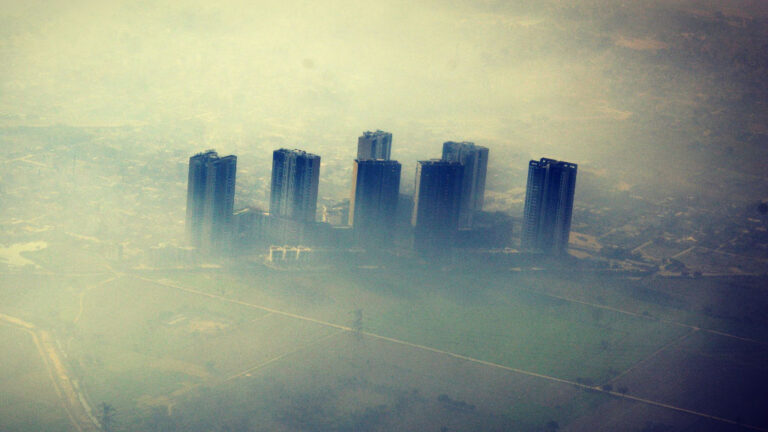
The international perspective must permeate all Swedish climate policy, write nine researchers at DN Debatt.
Of: Sarah Hyde
Sweden's climate policy has continued to be debated on several opinion pages during the week. Some want the international perspective to permeate Swedish climate policy, others that large-scale environmental damage should become an international crime. The EU's role in the US-Iran conflict has also been discussed.
January 16, 2020, Current debate
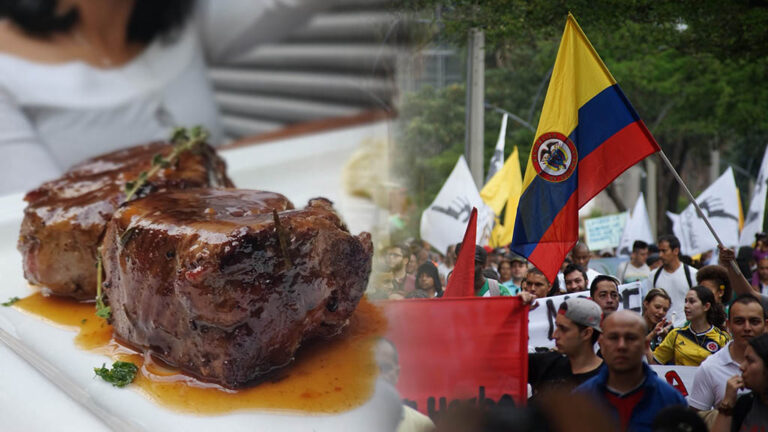
When we eat beef in Sweden, it affects the possibilities for a lasting peace in Colombia, says researcher Jairo Restrepo.
Of: Lydia Källberg Normark
There is a link between Swedish meat consumption and a lack of security in Colombia. That is the opinion of Colombian researcher Jairo Restrepo. The global food system with a focus on exports and large-scale is in the way of a fair distribution of resources - and thus a sustainable peace in Colombia.
January 16, 2020, Interview

The uncontrolled flow of small and light weapons has serious consequences around the world, the debaters write. Photo: Pixabay
Of: Anders Ankarlid, Karin Enström, Karin Olofsson, Martin Nihlgard and Olle Thorell
Over a billion small and light weapons are circulating around the world, many of which are illegal. The existence of illegal weapons is directly linked to conflict, terrorism, organized crime and violence against women. Now politicians, companies and civil society must work together to reduce the spread of weapons in the world, several debaters write.
December 17, 2019, Debate

